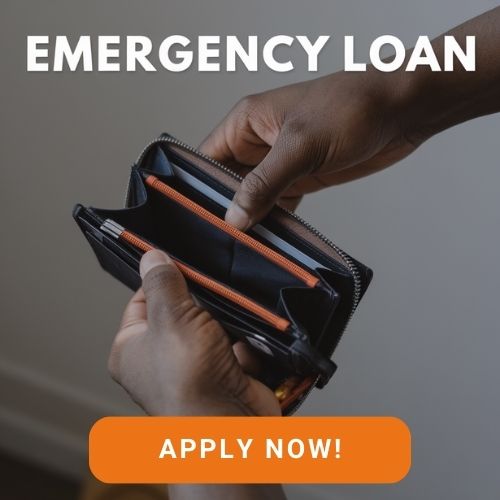Arcadia Finance helps you in the search of loans from different banks and lenders. Fill in a free application and get loan offers from up to 16 lenders. We work with well-known, trusted, and NCR-licensed lenders in South Africa.
What is an Emergency Loan?
An emergency loan is a type of financing intended to provide quick access to funds during unexpected financial crises. These loans are designed to cover urgent expenses that require immediate attention, such as medical bills, car repairs, or sudden job loss. Emergency loans are typically noted for their fast approval process and the ability to disburse funds quickly, sometimes within a few hours or days.
When is it Wise to Consider an Emergency Loan?
An emergency loan can be valuable for handling unexpected or critical expenses. Consider it in the following situations:
- Managing Overdue Bills Due to Loss of Income: High-interest debt can heavily impact your finances. If you qualify for an emergency loan with a lower interest rate, it could help save money and pay off your debts more swiftly.
- Fixing a Leaking Roof or Other Home Repairs: Neglecting issues like a leaking roof or faulty appliances can result in more significant damage and higher repair costs. Using an emergency loan to address these problems promptly can help avoid more expensive repairs later.
- Car Repairs That Affect Safety: Driving a vehicle that needs new brakes or tyres can be dangerous. Prompt maintenance is essential, especially if you rely on your car for work or school. An emergency loan can assist in ensuring your vehicle is safe to drive.
- Urgent Travel for Family Matters: Sometimes, you may need to be with family despite financial constraints. Whether it’s visiting an unwell relative or attending a funeral, an emergency loan can provide the necessary funds for travel.
- Emergency Dental Procedures: Dental costs can be substantial, even with insurance. While negotiating a payment plan with your dental office might be an option, an emergency loan can be helpful if this isn’t feasible.
About Arcadia Finance
Effortlessly secure your loan with Arcadia Finance, where there are no application fees, and you can choose from 16 reputable lenders. Every lender is fully accredited with South Africa’s National Credit Regulator, ensuring you receive safe, reliable options tailored to your financial goals.
When Might it Be Unwise to Take Out an Emergency Loan?
While personal loans can address a range of needs, there are situations where taking on debt might not be the best option.
Holidays
Holidays are often seen as non-essential expenses. It’s important to consider whether borrowing money for a trip is the right decision. Taking out a loan means committing to repayments over several years, with added interest, which can considerably increase the overall cost of the holiday.
Special Occasions
Some individuals opt for loans to cover the costs of events like weddings, Sweet 16 celebrations, or other significant occasions. However, it might be more practical to save up for these events in advance rather than going into debt, which can create financial strain over time.
When Less Expensive Alternatives Are Available
As with the dental example mentioned earlier, some expenses can be managed through payment plans. It’s worth exploring these options with your service providers before considering a loan. Additionally, if you can repay the amount within a few months, using a credit card might be a more suitable alternative to taking out a loan in some cases.
Requirements for Obtaining an Emergency Loan
Eligibility for an emergency loan generally depends on your ability to repay the loan, which is influenced by your income and credit score. Lenders typically have specific criteria that applicants must meet, which may include:
- Age: Most lenders require applicants to be at least 18 years old.
- Citizenship: Some lenders may only offer loans to South African citizens, so it’s important to verify this requirement based on your residency status.
- Income and Employment: You will need to provide proof of current employment and earnings to demonstrate that you have a steady income to meet repayment obligations.
- Minimum Credit Score: While requirements vary among lenders, a credit score of 670 or higher usually enhances your chances of approval. Some lenders may consider applicants with scores as low as 580, though this often leads to higher interest rates.
During the application process, you will likely need to provide a combination of the following documents:
- Official ID: Such as a birth certificate, driver’s licence, or passport.
- Address Verification: Utility bill, mortgage statement, tenancy agreement, or property tax notice.
- Contact Details: Phone number and email address.
- Bank Account Statements
- Income Records: Pay slips or other evidence of income.
- Tax Return Documents
How to Apply for a Loan with Arcadia Finance
Applying for a loan at Arcadia Finance is straightforward and accessible. Start your application by visiting our website, where our dedicated and experienced team is available to assist you with any inquiries you might have throughout the process. We will require some basic information from you, including details about your income and expenses, as well as your desired loan amount and preferred repayment term. After submitting your application, our team will promptly review the details and respond with a decision as soon as possible.
How to Obtain an Emergency Loan
To obtain an emergency loan, follow these steps:
- Check Your Credit Score
Before applying, review your credit score. A higher credit score usually provides access to more loan options and better interest rates, impacting the overall cost of the loan. This is a crucial first step.
- Obtain Quotes from Various Lenders
Many lenders offer a pre-qualification process that doesn’t involve a hard credit check. This allows you to get quotes from different lenders without affecting your credit score. Collect these quotes and compare the costs, interest rates, fees, and other terms relevant to your situation.
- Choose a Lender and Complete the Application
After evaluating the quotes, select the lender that best meets your needs. You will then need to complete the application, which typically involves providing personal details, employment and income information, and consenting to a credit check.
- Prepare Your Documents
For the application, you will likely need to upload several documents. These may include identification (such as your ID, driver’s licence, or passport), proof of address (like a utility bill or tenancy agreement), and proof of income (such as payslips or bank statements). Having these documents ready can streamline the process.
- Wait for Approval
Once you’ve submitted the application and required documents, wait for the lender’s decision. Some lenders provide approval within minutes, while others may take a day or two to review your application.
- Receive the Funds
After approval, your loan amount is typically deposited into your bank account within a day or two, and in some cases, even within an hour. The first repayment is usually due the following month.
What is the Repayment Period for an Emergency Loan?
Emergency loans function similarly to standard personal loans, requiring repayment through monthly instalments. The repayment period typically ranges from two to seven years, depending on the lender’s policies and your agreement. Opting for a longer repayment period can lower your monthly payments, but it will increase the total amount paid over the life of the loan due to the accumulation of interest.
What Are the Risks of Taking Out an Emergency Loan?
Taking out an emergency loan adds an additional financial obligation to your existing commitments. The primary risk is the potential for overextending your finances, which can make it difficult to meet repayment obligations. Falling behind on payments can negatively affect your credit score and, in severe cases, may lead to the lender pursuing legal action to recover the debt.
Alternatives to an Emergency Loan
When you need cash quickly, taking out an emergency loan is not your only option. Consider these alternatives:
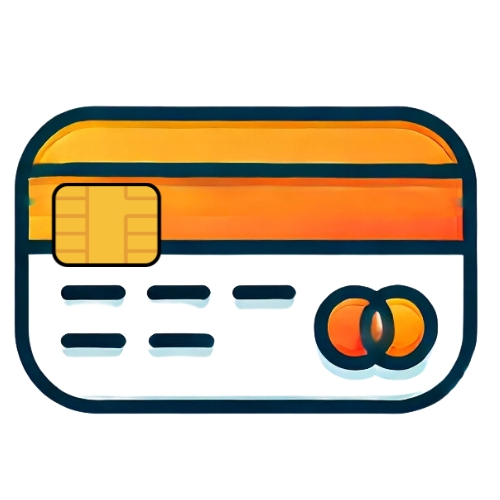
Credit Card with 0% Interest Offer: Some credit cards offer a 0% introductory interest rate on purchases, allowing you to repay the balance over several months without incurring interest. This can be a cost-effective solution, though it may take a few days to receive and activate your card.
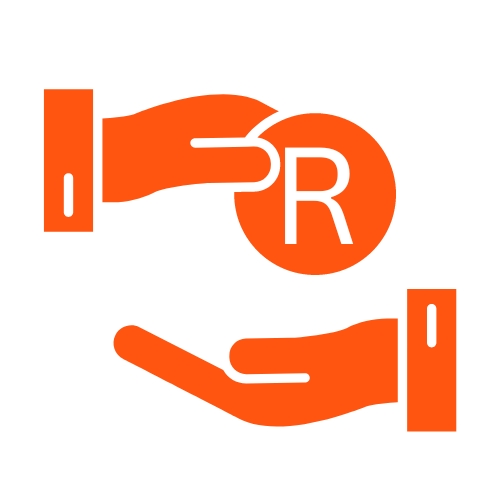
Borrow from Family or Friends: If someone close to you can offer financial assistance, this could be a viable option. Ensure you agree on a clear repayment plan to maintain your relationship and avoid potential misunderstandings.
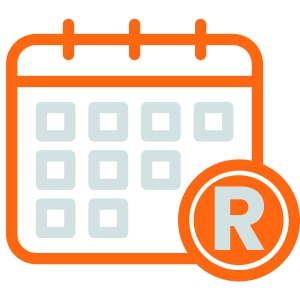
Payday Loan: This option provides an advance on your next pay cheque and can be helpful in urgent situations. However, payday loans typically come with high costs and should be used as a last resort. The benefit is that you won’t face long-term repayment obligations.
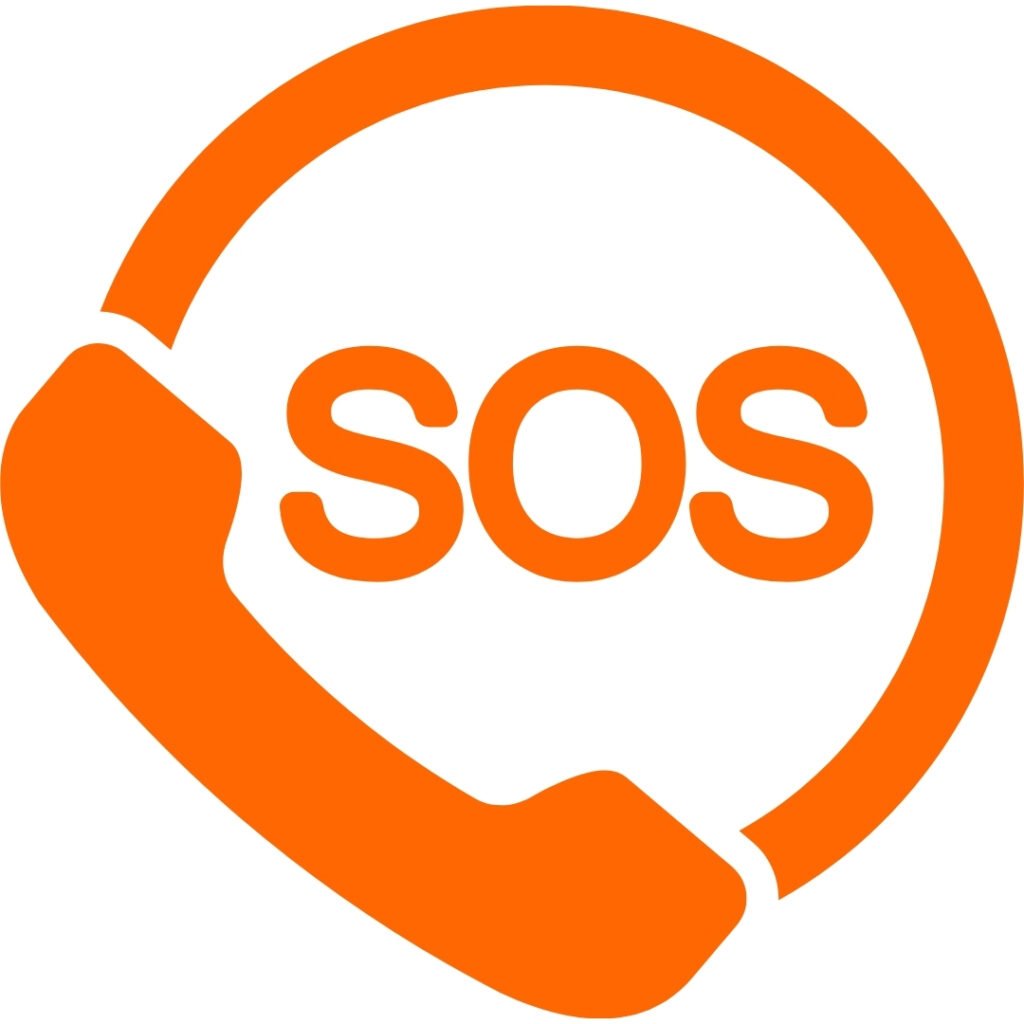
Seek Emergency Support: If your situation is due to a natural disaster or personal crisis, reach out to your lenders and service providers to inquire about support or hardship programs before considering a loan.
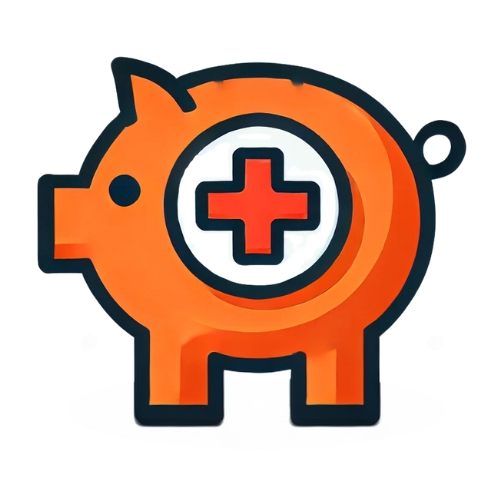
Emergency Savings: Ideally, you should have a dedicated savings account for emergencies. Relying on your own savings helps you avoid debt and provides peace of mind knowing you have funds available for unexpected expenses.
Conclusion
Emergency loans can be useful for managing unforeseen expenses, but it’s important to consider all your options carefully. Evaluate when using an emergency loan is appropriate and explore alternative solutions that might better suit your needs. Understanding the requirements and potential risks, such as long-term repayment commitments and impacts on your credit score, is crucial. Additionally, building an emergency savings fund can help reduce the need for borrowing and support financial stability during times of crisis.
Frequently Asked Questions
An emergency loan is best used for urgent and unforeseen expenses such as overdue bills due to loss of income, critical home repairs, necessary car maintenance, travel for family emergencies, or urgent dental procedures. It is intended for situations requiring immediate financial support.
Yes, using an emergency loan for non-essential expenses like holidays or special events, such as weddings, can lead to unnecessary debt. These types of expenses are typically not urgent and can be planned for over time. Additionally, if there are more affordable options available, such as payment plans or savings, it is usually better to avoid taking on a loan and the associated long-term repayments.
Most lenders require applicants to be at least 18 years old, have proof of South African citizenship, and provide evidence of income and employment. A minimum credit score is often needed, along with documentation such as identification, address verification, and bank statements.
Many lenders can provide an approval decision within minutes, though some may take a day or two. Once approved, the funds are generally deposited into your bank account within one to two days, and sometimes even within an hour.
Consider using a credit card with a 0% interest offer, borrowing from family or friends, exploring payday loans (as a last resort), seeking emergency support from lenders, or relying on an emergency savings account set aside for unexpected situations.



